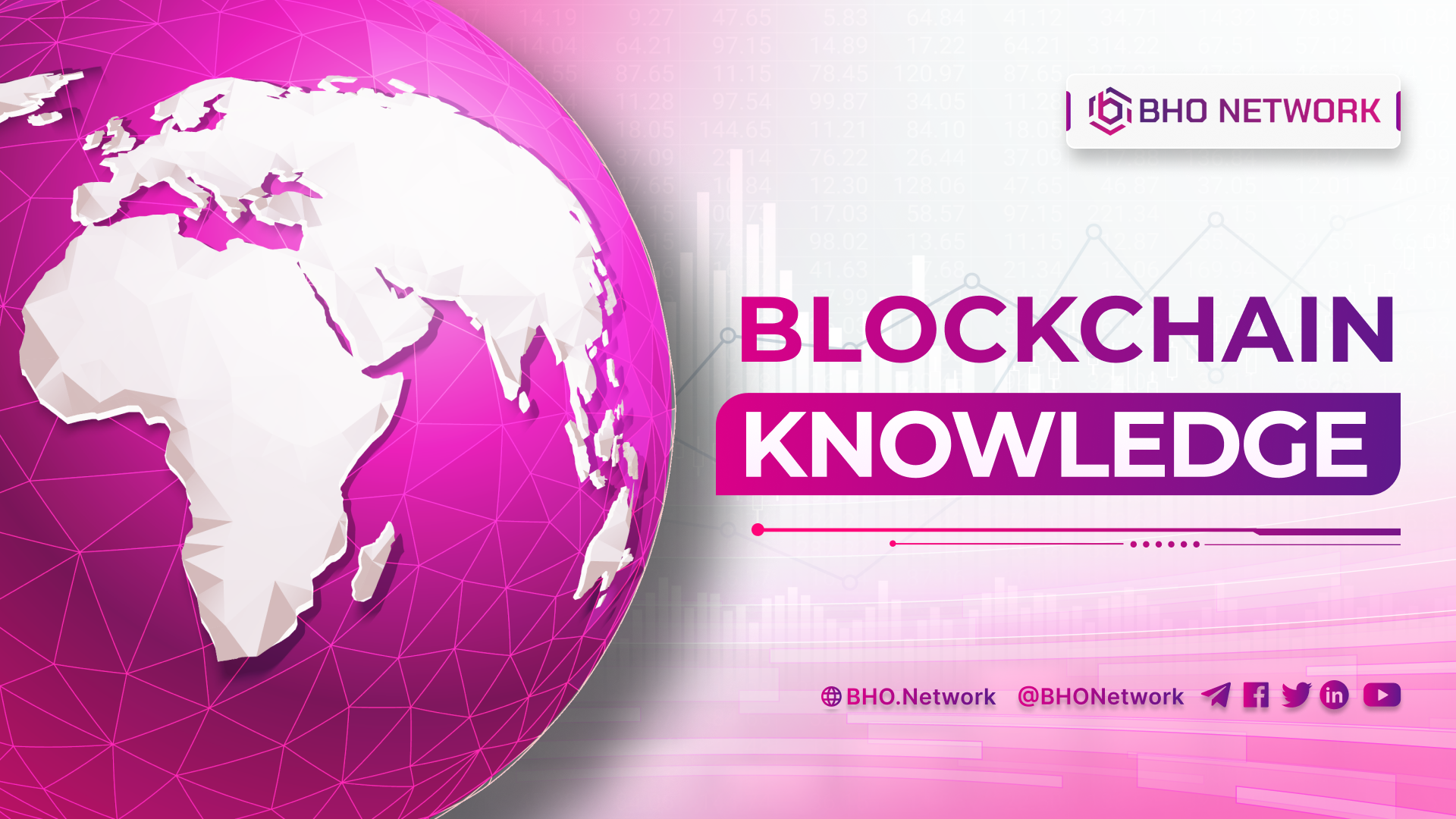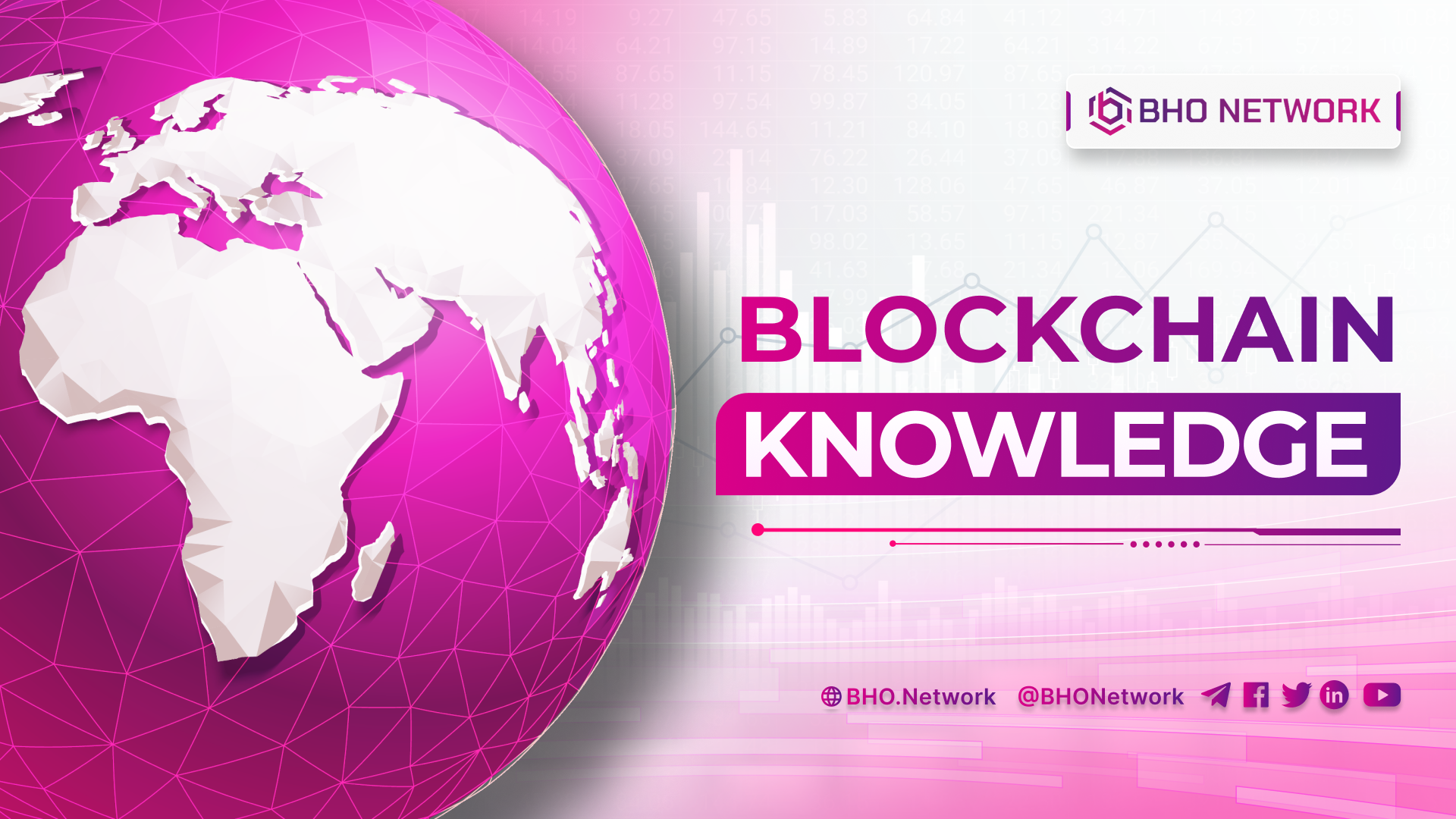- Blog
- Crypto News
- THE CURRENT STATE OF CRYPTO: IDEALS THAT HAVE BEEN REALIZED
THE CURRENT STATE OF CRYPTO: IDEALS THAT HAVE BEEN REALIZED
In just over a decade, Blockchain technology and cryptocurrencies have transformed from a novel topic, passed around by word of mouth in a group of online communities in the early days of its existence, to a global phenomenon and has truly reshaped financial paradigms. Once viewed with skepticism and suspicion, these innovations quickly grew into drivers of change, as organizations, governments and individuals began to realize their potential to revolutionize industries and redefine assets. The world's rapidly changing views on them also highlight the dynamic and unpredictable nature of technological and financial developments. So, after more than a decade of struggle and campaigning, how far has blockchain technology gone and what has changed?
Prejudices broken, paving the way for innovation
Bitcoin and Blockchain technology are often viewed with suspicion and many other concerns surrounding this new type of technology asset. Large companies such as J.P Morgan, until 2017, still declared that Bitcoin was a "fraud", or international payment service giant Mastercard expressed concern because Bitcoin was "involved in many illegal activities". We cannot blame the public for its well-founded concerns, because in its early stages, blockchain technology has not yet developed firmly enough and has revealed many shortcomings. Also, in the first years, a series of scandalous events such as Silk Road, Mt Gox, etc. made the world slow down on the road to Mass Adoption.
However, with the steady development of blockchain, old prejudices are gradually being replaced by more positive and potential views. Many large organizations have turned their opinion of Bitcoin and blockchain around in the past few years:
-
J.P. Morgan: Jamie Dimon, CEO of J.P Morgan, declared Bitcoin to be a “fraud” in 2017, and said he would fire any employee who traded Bitcoin. Yet in 2020, this bank began providing services to many cryptocurrency exchanges such as Coinbase and Gemini, culminating in J.P Morgan also launching JPM Coin, a payment token for the bank's own blockchain network . As of October 2023, more than 300 billion USD has been traded with JPM Coin.
-
Paypal: In the early years, PayPal kept its distance from crypto, mainly due to concerns about volatility, security, and the potential for abuse of illegal behaviors. But Paypal made a U-turn in 2020, allowing US users to buy, sell and hold various cryptocurrencies, including Bitcoin, Ethereum and Litecoin, directly from their accounts. This decision brought cryptocurrencies to more users, increasing awareness of digital assets.
-
Blackrock and Larry Fink: BlackRock and Larry Fink represent one of the most important turning points in how quickly the world has changed. Until 2017, Larry Fink - CEO of Blackrock - the world's largest investment organization with more than 10,000 billion USD in assets under management, continued to call Bitcoin a "money laundering index", expressing skepticism about the real applications of blockchain and cryptocurrency, other than serving illegal activities. But over time, BlackRock began to show more interest in blockchain and cryptocurrency. By 2018, there were reports that the company has established a team of experts to research Bitcoin and other cryptocurrencies. In 2021, BlackRock added Bitcoin futures as a potential investment to two of its funds. For Larry Fink himself, in an interview at the end of 2020, he recognized Bitcoin as a potential investment and has the potential to grow into a real asset class. Furthermore, Larry Fink also said that digital money could play an important role in the world's finances of the future.
Fink's shift in perspective also represents that of financial leaders in general, as they begin to appreciate the potential impacts and benefits of a decentralized financial system. As more institutions like BlackRock enter the space, the role of cryptocurrencies in the future of the financial system continues to strengthen.
Technology is widely adopted
According to a report from Coinbase, more than 80% of Fortune 500 companies have entered the blockchain and crypto space, and 44 companies in the top 100 largest companies in the world by capitalization are already using blockchain technology. Besides, many technology giants have begun to apply this new technology for many different aspects and purposes.
-
IBM: IBM Blockchain is IBM's enterprise blockchain platform, helping companies build, adopt, and deploy their own blockchain networks. In addition, IBM also provides consulting services for businesses that want to learn more about blockchain technology solutions to integrate to operate more efficiently.
-
Microsoft: Microsoft has cooperated with many companies to apply blockchain technology to business operations. In addition, Microsoft has partnered with many other financial services companies to develop the ability to apply blockchain to cross-border payments and financial transactions. Microsoft also invests very actively in Web3 startup projects, with the most recent project being Space and Time, where the technology giant led the funding round with 20 million USD.
-
Google: Similar to Microsoft, Google has also significantly funded blockchain startups, bringing its investment in this area to nearly $1.5 billion from September 2021 to June 2022. The company also has begun integrating blockchain into its business. In October 2022, Google launched Blockchain Node Engine (BNE) for Web3 developers. This service allows Web3 companies to execute transactions, launch smart contracts, and access or record blockchain data through Google Cloud. Ethereum will be the first blockchain network supported by BNE.
The expansion and widespread adoption of blockchain by tech giants marks an important phase for the blockchain sector. The growth and diversification of blockchain applications comes from the investment, collaboration and innovative approach of these companies. Clearly, as blockchain technology continues to develop and become more complex, large technology corporations will increasingly push for its widespread adoption across various industries. With their vast resources, extensive knowledge, and experience in implementing technology solutions, these companies will certainly be at the forefront of shaping the future of blockchain in the coming years.
Ideas become reality
In addition to technology being widely applied, ideas about decentralization and transparency are also gaining more attention from both businesses and the public. Not only that, many world governments have been researching, with some large countries, such as Russia, having successfully put CBDC - a central digital currency built on blockchain, into testing, in order to create a more secure, transparent and efficient monetary system. The development of CBDC also shows the interest of governments in the benefits that blockchain and crypto technology bring.
In addition, debates about privacy, decentralization, and transparency have also occurred more since the birth of crypto, pushing platforms to gradually lean toward decentralization and stricter protection of users’ privacy and freedom. The most recent example is the example of X (formerly Twitter), which has implemented many reform policies, sharing advertising revenue with users, to ensure the platform is more decentralized.
We can see that, besides its direct applications and impacts, blockchain's ideal of decentralization is gradually seeping into the world's thinking and indirectly changing it day by day.
Blockchain and crypto have undergone significant transformations since they first appeared. Since then, this sector has continuously achieved many important milestones, overcoming skepticism and asserting its undeniable position to provide an opportunity to reshape the financial system.
Published on October 19, 2023
Tagged topics







